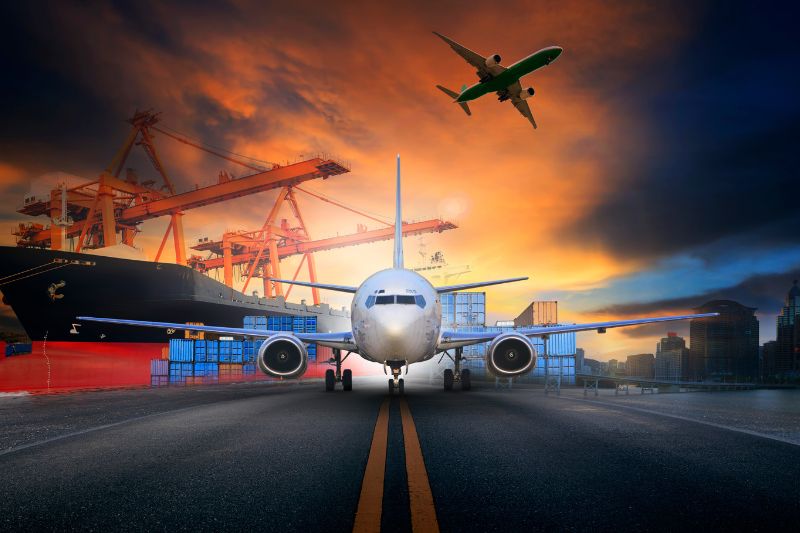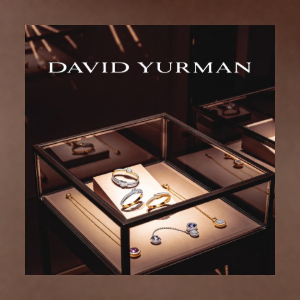No products in the cart.
Import and Export: What Australia Classify as Objectionable Goods?

Import and export are two crucial components of the global economy, and Australia is no exception. Australia is a hub for international trade with a thriving economy and a strategic location. However, specific regulations exist on the types of goods that can be imported and exported.
Objectionable goods are prohibited imports and exports under the Customs Prohibited Imports Regulations 1956 and the Customs Prohibited Exports Regulations 1958. To avoid legal consequences and ensure a smooth trade flow, importers and exporters must be aware of what constitutes “objectionable goods” in Australia.
There are several categories of goods that fall under the “objectionable goods” classification, including
1. Dangerous goods
This category includes items that pose a significant risk to public health and safety, such as firearms, explosives, hazardous chemicals, and toxic waste.
2. Illegal drugs
This category encompasses all illicit drugs, including marijuana, cocaine, heroin, and methamphetamines.
3. Counterfeit goods
This category includes fake or imitation goods that are made to deceive consumers into believing they are purchasing a genuine product.
4. Adult material
This category includes sexually explicit material, including magazines, DVDs, and online content.
5. Tobacco and e-cigarettes
The import and export of tobacco and e-cigarettes are subject to strict regulation in Australia, with hefty fines and penalties for those who violate the law.
6. Cultural objects
This category includes items of cultural significance, such as Indigenous Australian artifacts, protected under the Aboriginal and Torres Strait Islander Heritage Protection Act 1984.
7. Prohibited weapons
This category encompasses all illegal weapons in Australia, including firearms, swords, and knives.
These categories are not exhaustive, and other types of goods may fall under the “objectionable goods” classification. To ensure compliance with Australian regulations, importers and exporters should seek professional advice from customs brokerage services in Brisbane.
Why You Need Customs Brokerage Services in Australia
Custom brokerage services play a vital role in ensuring that importers and exporters comply with the regulations. These services can assist with importing and exporting goods and guide the legal requirements and restrictions. Working with customs brokerage services provides several benefits, including
1. Expertise
Customs brokers are highly knowledgeable and experienced in the regulations and restrictions that apply to importing and exporting goods in Australia. They can provide valuable guidance and advice to ensure clients comply with the law.
2. Time and cost savings
Custom brokers can save clients time and money by handling the complex procedures involved in importing and exporting goods. This includes preparing and submitting the necessary documentation, dealing with the Australian Border Force, and resolving any issues.
3. Peace of mind
Working with a customs broker provides peace of mind, as clients can be confident that their goods will be handled promptly and professionally.
Conclusion
International trade in Australia is subject to strict regulations to protect the community and maintain public safety. So, understanding what constitutes “objectionable goods” is crucial for anyone involved in trading.
Whether you’re a seasoned importer or a first-time exporter, working with a customs broker in Brisbane can help navigate complex regulations, ensure compliance with local laws, minimize risks, and maximize your chances of success.









Leave a Reply